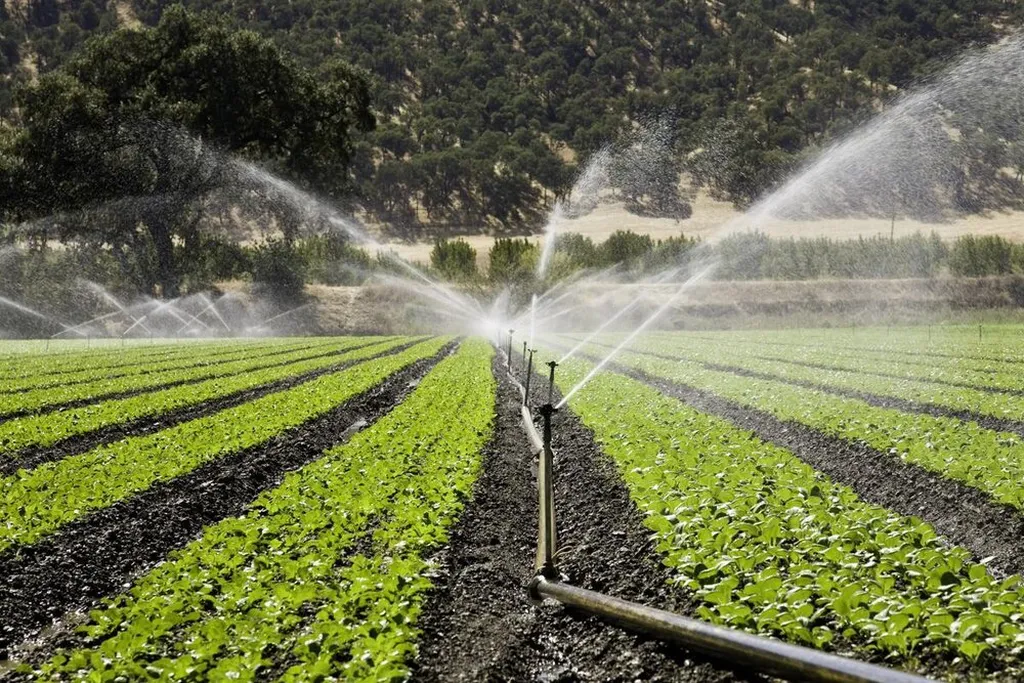In the arid landscapes of Marvdasht County, Iran, farmers are grappling with the harsh realities of water scarcity, a challenge exacerbated by climate change. A recent study published in the *Journal of Hydrology: Regional Studies* (translated from Persian as “Journal of Hydrology: Regional Studies”) offers a nuanced understanding of the social and psychological factors influencing farmers’ willingness to adopt water conservation practices. Led by Naser Valizadeh from the Department of Agricultural Extension and Education at Shiraz University, the research extends the Theory of Planned Behavior (TPB) to include the bystander effect, place attachment, and moral norms, providing a comprehensive framework for understanding behavioral motivations.
The study, conducted through a cross-sectional survey of 282 farmers, reveals that perceived behavioral control—farmers’ belief in their ability to implement water conservation practices—is a significant predictor of their willingness to adopt such behaviors. “Farmers who feel empowered to make changes are more likely to take action,” Valizadeh explains. This finding underscores the importance of providing farmers with the tools and knowledge they need to manage water resources effectively.
Attitude towards sustainable water consumption also emerged as a critical factor, with a strong positive effect on farmers’ willingness to conserve water. This suggests that fostering a positive perception of water conservation among farmers can significantly enhance their adoption of sustainable practices. “When farmers see the benefits of water conservation, they are more inclined to embrace it,” Valizadeh notes.
The study’s extension of the TPB framework incorporates the bystander effect, place attachment, and moral norms, offering a more holistic view of the factors influencing farmers’ decision-making. Place attachment, or the emotional connection farmers have to their land, was found to have a significant positive effect on their willingness to conserve water. Similarly, moral norms—farmers’ beliefs about what is right and wrong regarding water use—played a crucial role in shaping their behavior.
One of the most intriguing findings is the mediating role of moral norms. The study reveals that moral norms significantly mediate the effects of the bystander effect, place attachment, subjective norms, and perceived behavioral control on farmers’ willingness to conserve water. This suggests that fostering a sense of moral responsibility among farmers can amplify the impact of other behavioral influences.
The implications of this research are profound for policymakers, extension agents, and water resource managers. By understanding the complex interplay of social and psychological factors, they can design targeted interventions that enhance behavioral motivation and promote the adoption of sustainable water practices in agriculture. “This research provides a roadmap for developing effective strategies that resonate with farmers and encourage them to take action,” Valizadeh states.
As climate change continues to pose challenges to water resources, the insights from this study are invaluable. They highlight the need for a multifaceted approach that addresses not only the practical aspects of water conservation but also the social and psychological dimensions. By doing so, we can empower farmers to transition from bystanders to stewards of their water resources, ensuring a more sustainable future for agriculture.
The study, published in the *Journal of Hydrology: Regional Studies*, offers a compelling case for integrating behavioral science into water resource management. As we navigate the complexities of climate change, such interdisciplinary approaches will be crucial in developing effective and sustainable solutions.

